Best Timing for Clapboard Siding Repairs
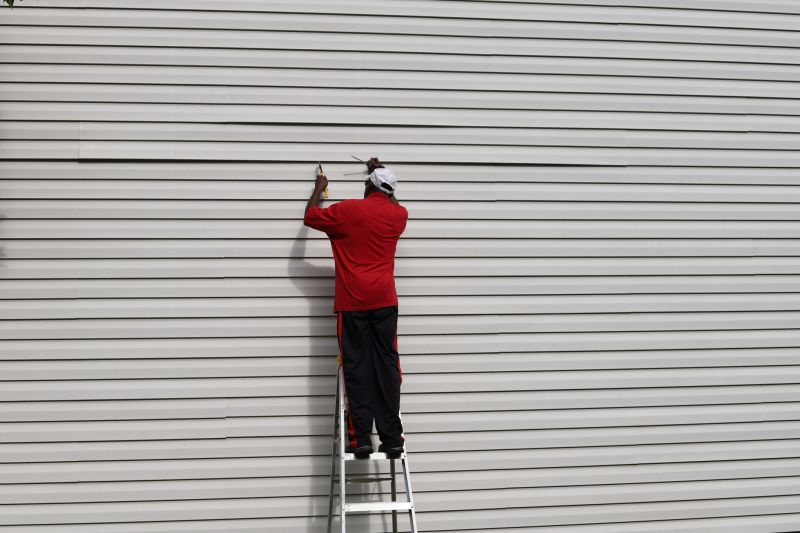
Spring provides moderate temperatures and lower humidity, ideal for repairs and painting.
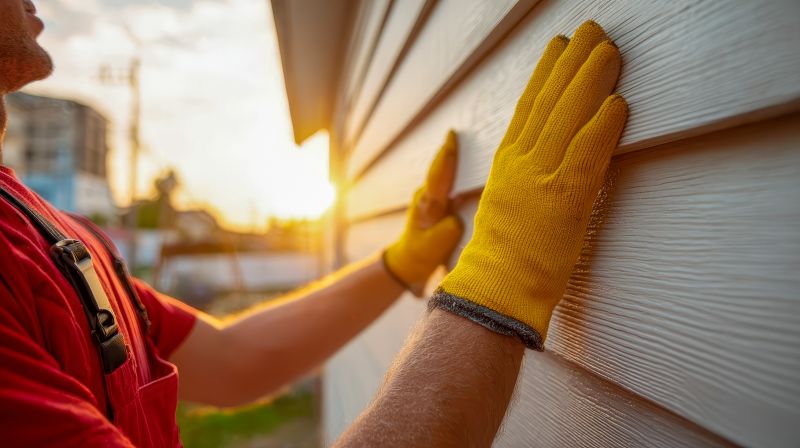
Summer offers warm, dry days that facilitate effective repairs, though high heat can pose challenges.
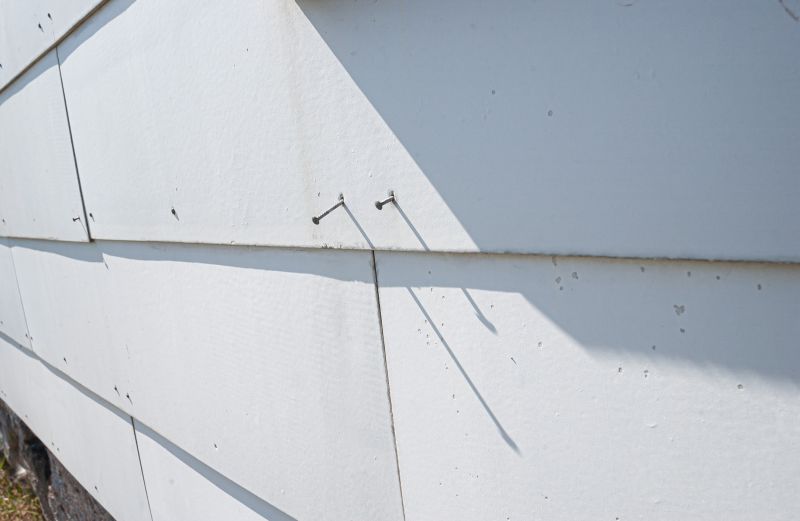
Fall's cooler temperatures and lower humidity help ensure proper adhesion and drying of repair materials.
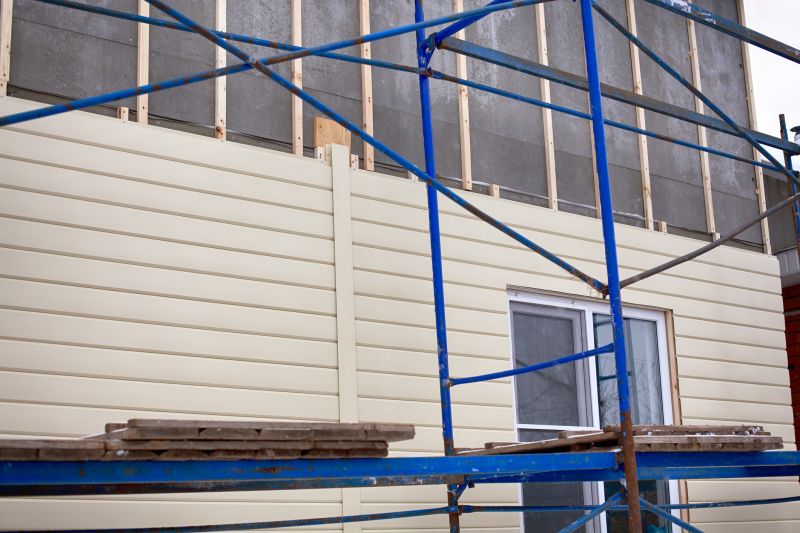
Ways to make Clapboard Siding Repairs work in tight or awkward layouts.

Popular materials for Clapboard Siding Repairs and why they hold up over time.
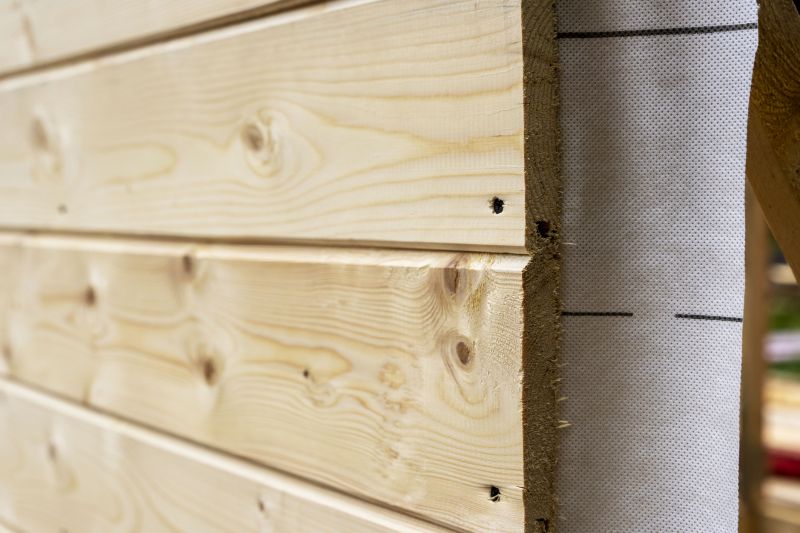
Simple add-ons that improve Clapboard Siding Repairs without blowing the budget.
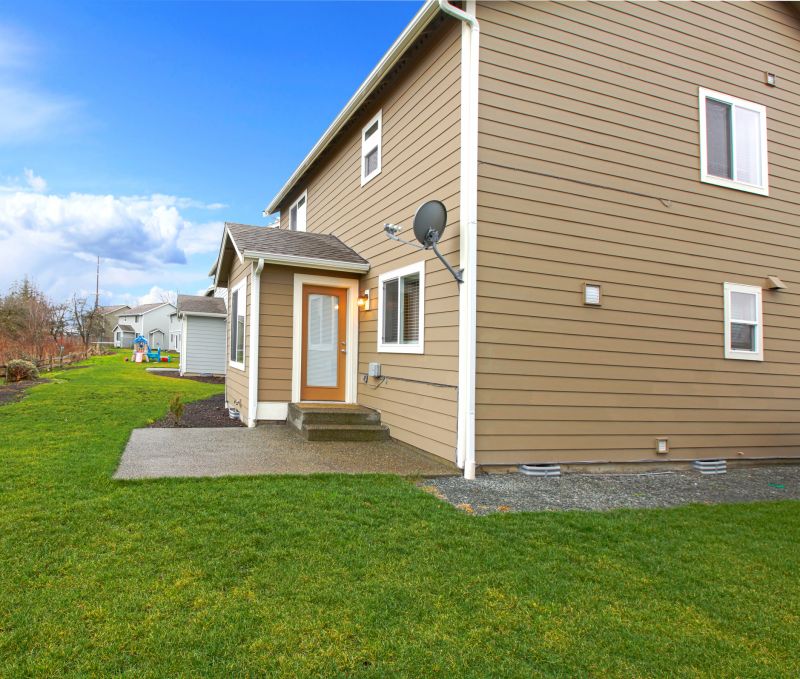
High-end options that actually feel worth it for Clapboard Siding Repairs.
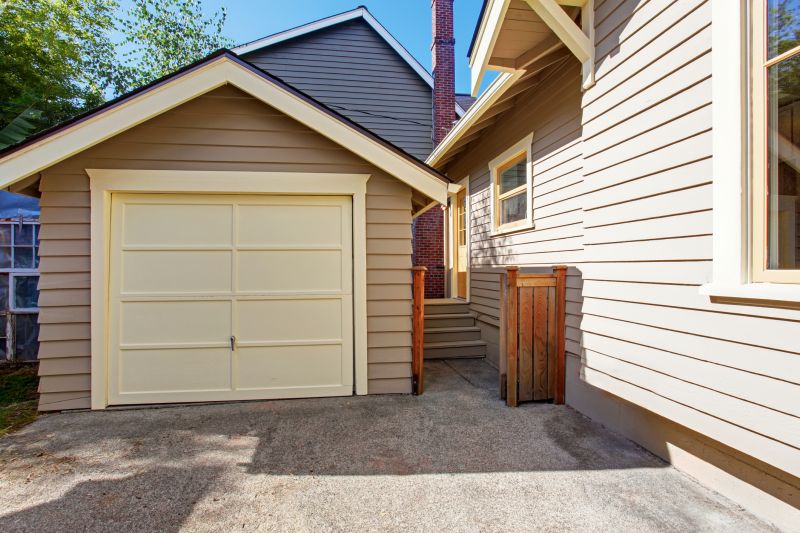
Finishes and colors that play nicely with Clapboard Siding Repairs.
Clapboard siding repairs are essential for maintaining the integrity and appearance of a building's exterior. Proper timing ensures that repairs are effective and long-lasting. Seasonal considerations, such as temperature and humidity, influence the quality of work and the durability of repairs. For example, repairing during dry, mild weather minimizes the risk of moisture-related issues and allows materials to set correctly.
Spring and fall are generally recommended for clapboard siding repairs due to favorable weather conditions.
High humidity and extreme temperatures can hinder adhesion and curing processes, leading to subpar repairs.
Inspect siding for damage and plan repairs during periods of stable weather for the best results.
Timely repairs during suitable seasons can extend the lifespan of siding and prevent costly replacements.
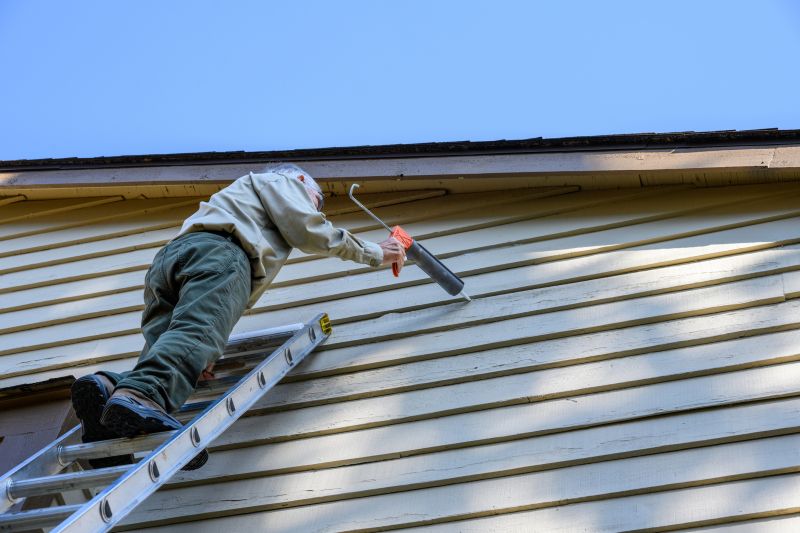
Ideal for mild weather and optimal for paint adhesion.
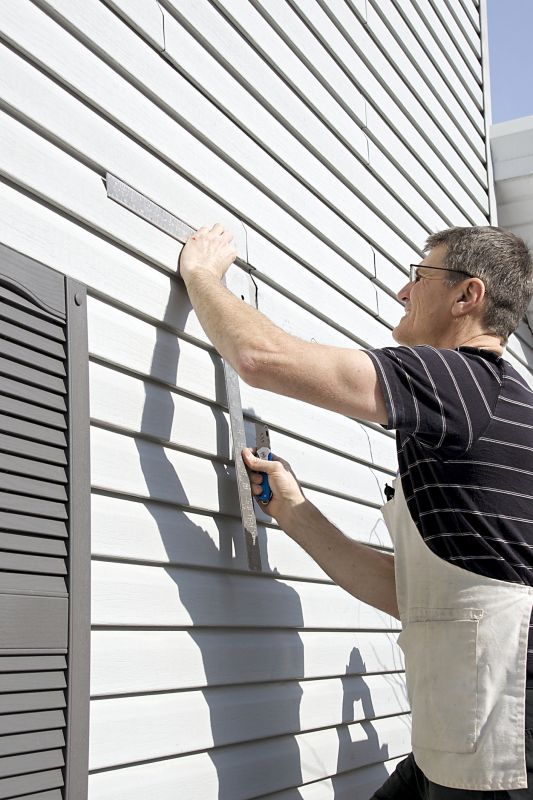
Suitable during early summer with lower humidity, but avoid peak heat.
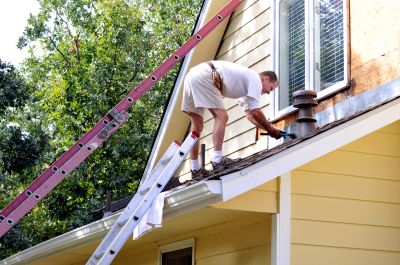
Excellent for cooler, dry conditions that promote proper curing.
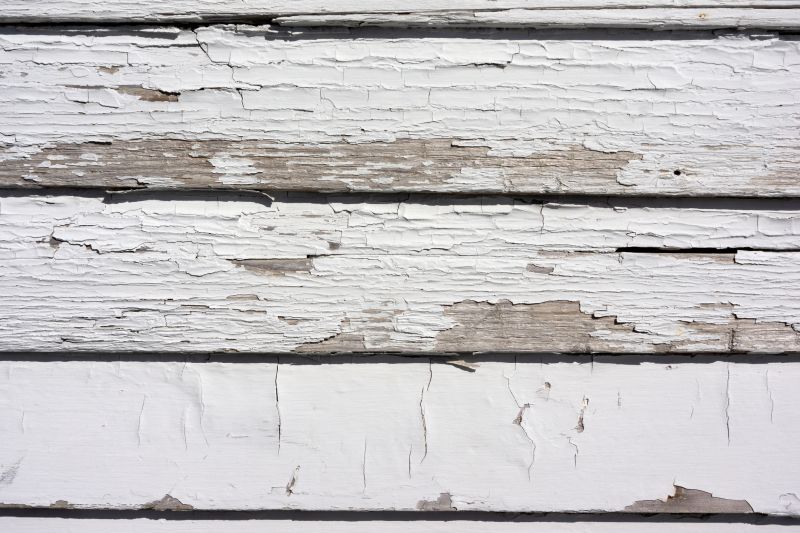
Generally not recommended due to cold and moisture risks, unless climate permits.
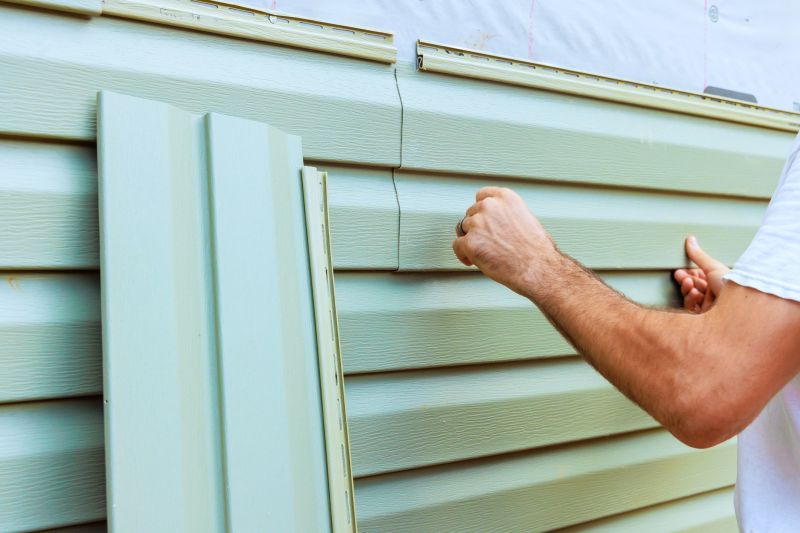
Little measurements that prevent headaches on Clapboard Siding Repairs day.
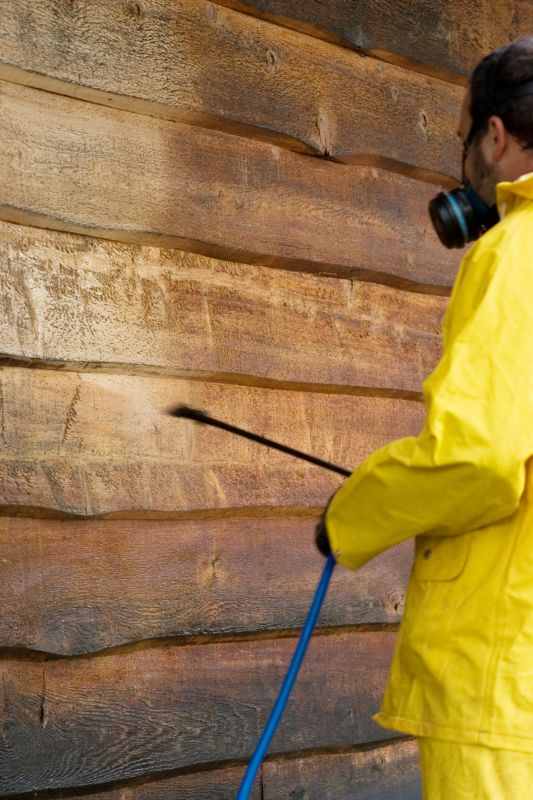
A 60-second routine that keeps Clapboard Siding Repairs looking new.

A frequent mistake in Clapboard Siding Repairs and how to dodge it.
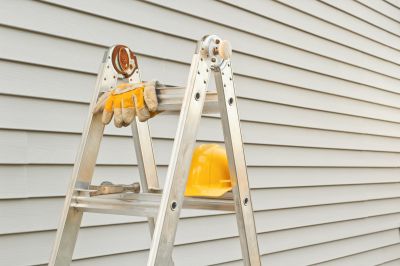
Small tweaks to make Clapboard Siding Repairs safer and easier to use.
| Season | Advantages |
|---|---|
| Spring | Moderate temperatures, lower humidity, good for painting and repairs |
| Summer | Warm and dry, but avoid peak heat hours |
| Fall | Cooler temperatures, low humidity, ideal for repairs |
| Winter | Not recommended unless climate is mild |
Clapboard siding repairs involve replacing damaged or rotting boards, sealing gaps, and repainting or staining to protect against weather elements. Regular maintenance can prevent more extensive damage and preserve the siding's appearance. The timing of repairs is crucial; performing them during appropriate seasons minimizes risks related to moisture and temperature fluctuations, ensuring the longevity of the siding.
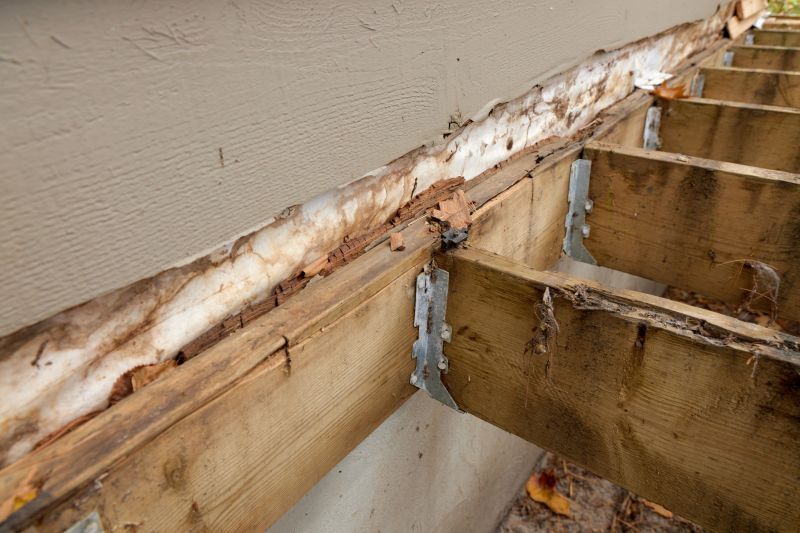
Rot or cracks in siding require timely replacement for structural integrity.
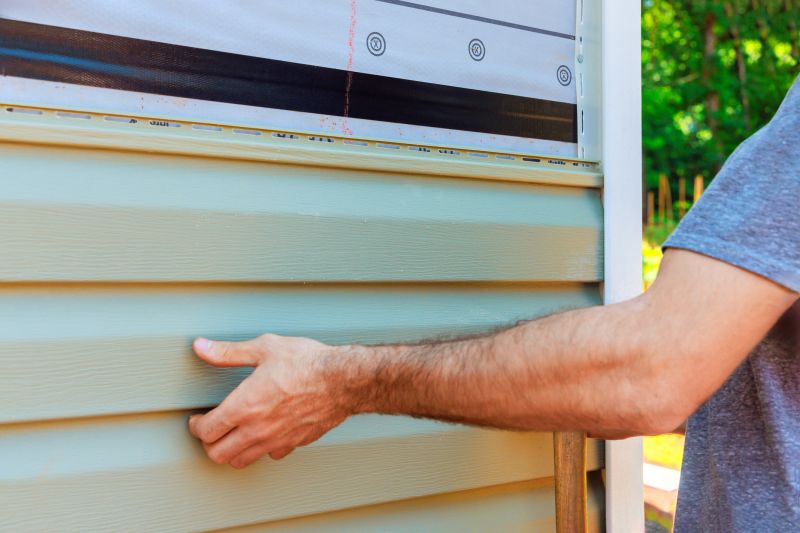
Properly maintained clapboard siding enhances curb appeal and durability.
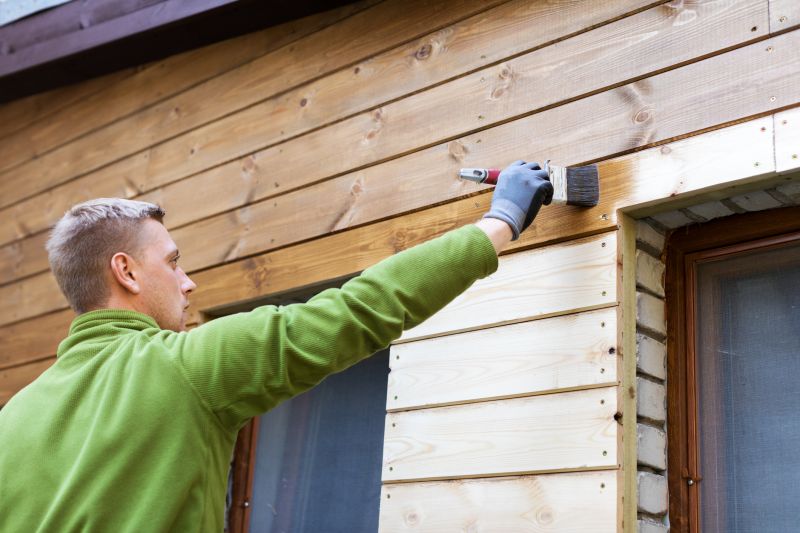
Painting after repairs helps protect the wood and extend lifespan.
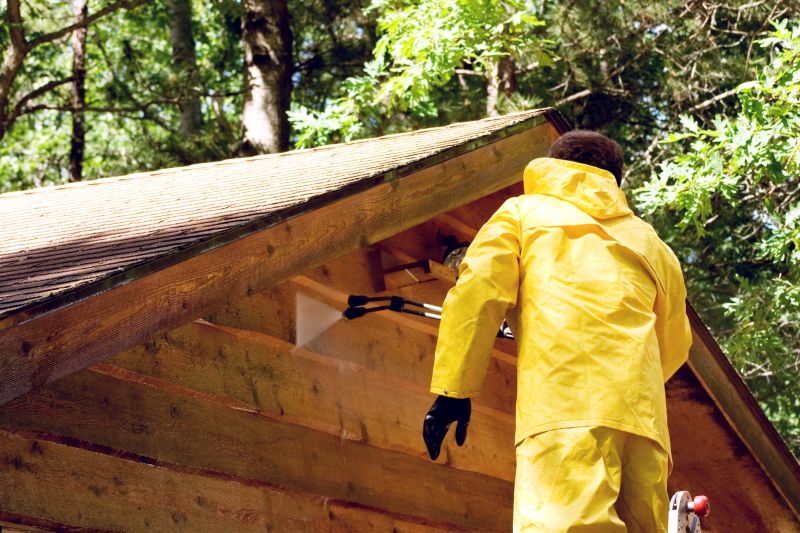
Lower-waste or water-saving choices for Clapboard Siding Repairs.
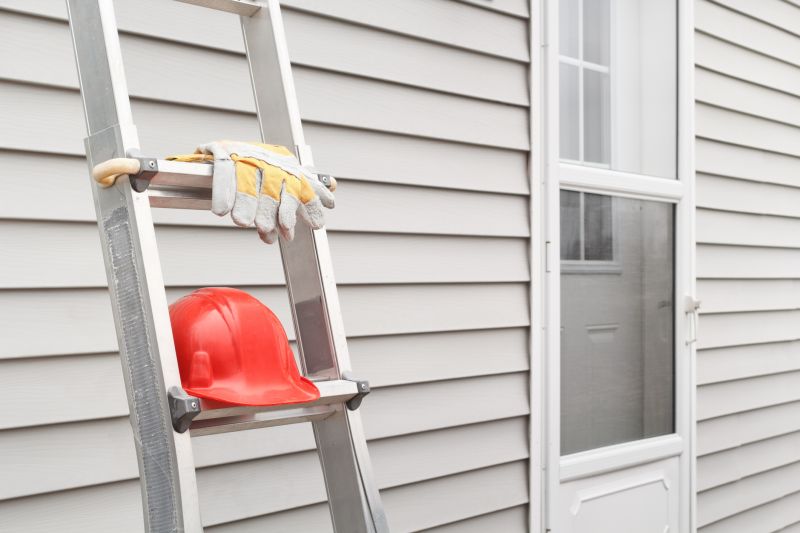
The short, realistic tool list for quality Clapboard Siding Repairs.
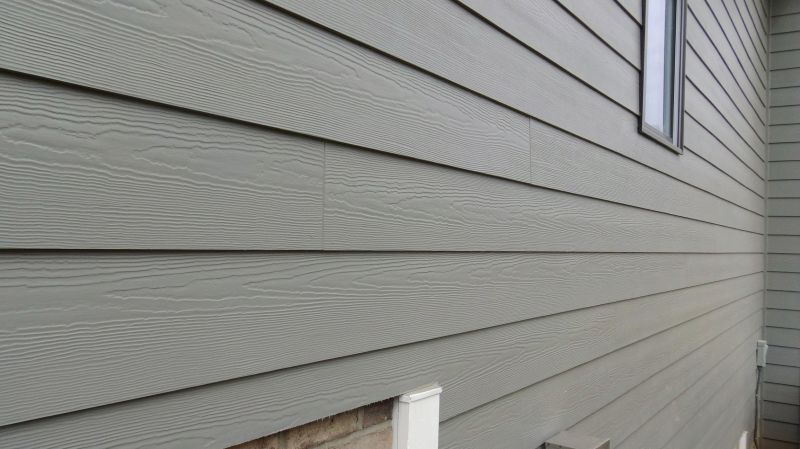
Rough timing from prep to clean-up for Clapboard Siding Repairs.
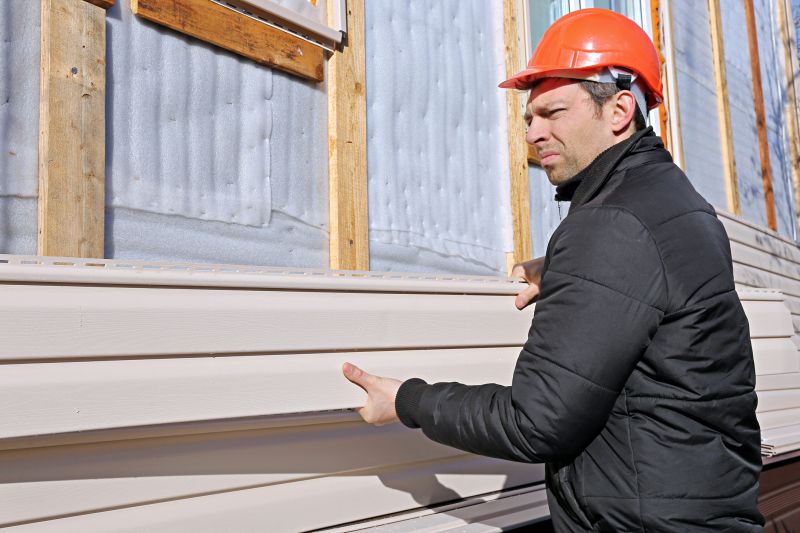
Quick checks and paperwork to keep after Clapboard Siding Repairs.
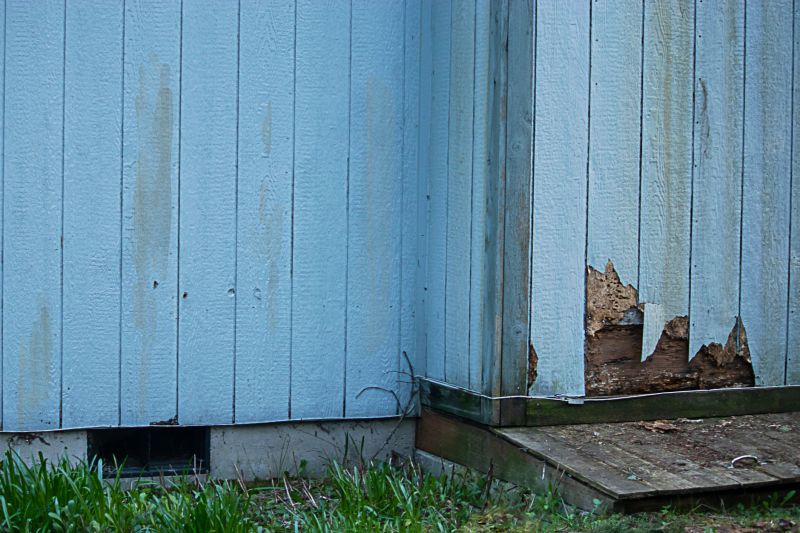
Examples that show the impact a good Clapboard Siding Repairs can make.
Interested parties are encouraged to contact for more information or to schedule repairs. Proper timing combined with quality workmanship can significantly improve the durability and appearance of clapboard siding, ensuring it remains functional and attractive for years to come.



